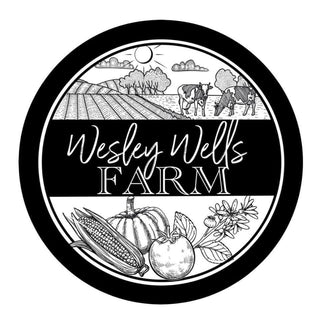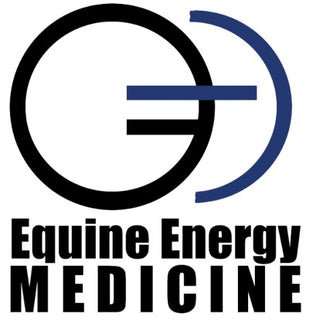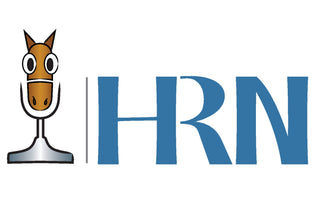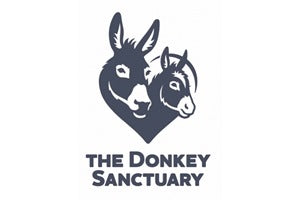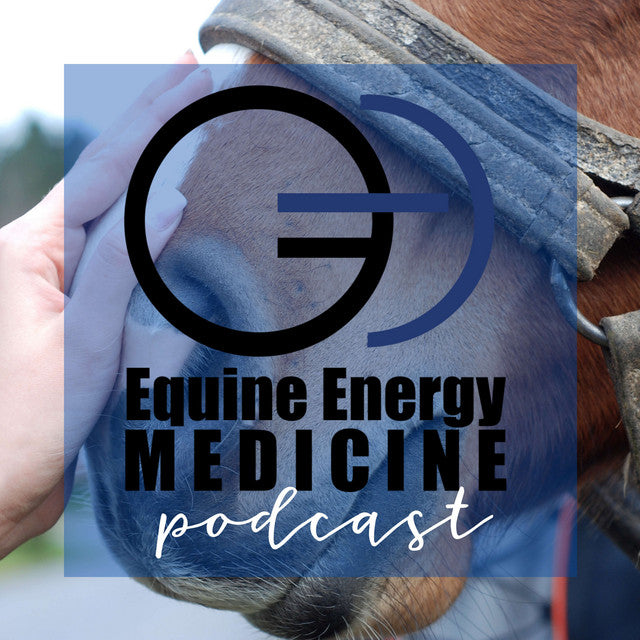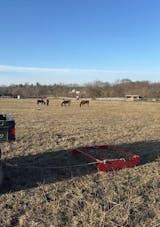Horse Insurance in the UK: What You Need
If you've ever stood around at the yard listening to others debate insurance, you’ve probably walked away more confused than informed. Some riders swear by every type of cover going. Others won’t touch a policy with a barge pole. The truth sits somewhere in between.
A lot of the confusion comes from the sheer number of options, each with fine print that makes your head spin. Add in pressure from well-meaning friends and scare stories from forums, and it’s no wonder horse owners feel overwhelmed.
So, let’s clear things up. Here’s what matters, what doesn’t, and how to choose coverage that fits your life, not someone else's.
What Is Horse Insurance, Really?
Horse insurance isn’t one single product. It’s a bunch of different options bundled together or bought separately. Think of it like a menu. You don’t need everything, but you do need to choose wisely.
The basics include cover for vet fees, third-party liability, and sometimes theft or straying. Some policies throw in extras like tack cover or travel protection. Others leave that out entirely.
At its heart, insurance is about risk. If you couldn’t afford a sudden £5,000 vet bill, that’s where insurance earns its keep. If you could, you might prefer to save and self-insure. There’s no one answer. It’s about what helps you sleep at night.
Do You Have to Insure a Horse in the UK?
Legally? No. You're not required to insure your horse in the UK.
That said, if your horse causes damage or injury to someone else and you're not covered, you could face huge legal bills. That’s where public liability comes in. It’s not a legal requirement, but many riders consider it essential. Some livery yards even insist on it.
So while the law won't force your hand, common sense might.
The Coverage That Matters Most: Public Liability
This type of insurance protects you if your horse causes damage to people or property. Imagine your horse bolts on a hack, hits a car, and injures the driver. Without public liability, that claim could come straight out of your pocket.
Given how unpredictable horses can be, this cover is often considered non-negotiable. It's especially important if you ride on public land or roads, where accidents can involve others.
Vet Fee Cover: What You’re Actually Paying For

This one gets a lot of attention, and rightly so. Vet bills can rise quickly, especially if your horse needs scans, surgery, or aftercare.
Policies usually cover unexpected illnesses or injuries. But they rarely cover routine costs like vaccinations, dental work, or worming. Some exclude pre-existing conditions or impose age limits. It's worth reading the small print carefully.
Not every owner opts for this cover. Some choose to set aside a monthly amount into a savings account instead. But for peace of mind, especially with accident-prone horses, it's a solid investment.
Loss of Use: High Cost, Low Payout?
Loss of use means getting a payout if your horse can no longer perform its intended job due to injury or illness.
In theory, it sounds like a safety net. In practice, it’s one of the hardest claims to make. Insurers usually need extensive proof and often reduce payouts significantly. Some exclude certain disciplines or breeds altogether.
Unless your horse has a high market value or specific role, many riders skip this option.
Theft and Straying: Risk vs Reality
This cover pays out if your horse goes missing or is stolen. It's rare, but it does happen.
The value here often depends on your location and how your horse is kept. If you’re in a remote area or keep horses in unsecured fields, it may be worth the extra cost.
That said, many owners prefer to invest in strong fencing, secure gates, and regular checks rather than rely on this cover.
Do You Need Tack and Equipment Insurance?
Some policies offer the option to insure tack, trailers, or other gear. This can be helpful, especially if you own expensive saddles or travel frequently.
But these items usually have limits or conditions. Your tack might need to be locked in a certain type of container or stored on-site to qualify for a payout.
If your tack is low-value or well-protected, you might skip this cover and put the savings elsewhere.
What Most Riders Need
Every rider's situation is different, but most find peace of mind in three key areas:
-
Public liability
-
Emergency vet fees
-
Trailer or transport cover (if you travel often)
Beyond that, the extras are personal. Some value loss of use for competition horses. Others feel better knowing their tack is covered. But these aren’t always necessary.
How to Pick the Right Insurer
Look for a provider with clear policy terms and good reviews from real horse owners. Check for red flags like delayed payouts or hard-to-reach customer service.
BHS Gold Membership includes public liability and personal accident cover for a reasonable yearly fee. It’s worth a look, especially for hobby riders.
Other well-known insurers include SEIB, NFU Mutual, and KBIS. Each has its strengths. Get a few quotes and ask questions before committing.
Final Thoughts
Horse insurance doesn’t have to be overwhelming. At its best, it’s a tool, something that helps you care for your horse with confidence, not confusion.
You don’t need every add-on under the sun. You just need cover that reflects the way you ride, live, and love your horse.
FAQs
Is horse insurance mandatory in the UK?
No, but public liability is strongly recommended.
Can I insure an older horse?
Some insurers limit vet fee cover after a certain age, but others offer senior policies.
Does insurance cover routine vet care?
No. You’ll need to cover things like vaccinations and dental work yourself.
What if my horse is already injured?
Pre-existing conditions are often excluded, but some providers may still offer limited cover.
Can I cancel my policy at any time?
Most policies allow cancellation but may include fees or partial refunds depending on timing.
Is trailer insurance included in horse insurance?
Not usually. You’ll need to add this separately or use your vehicle insurer.






